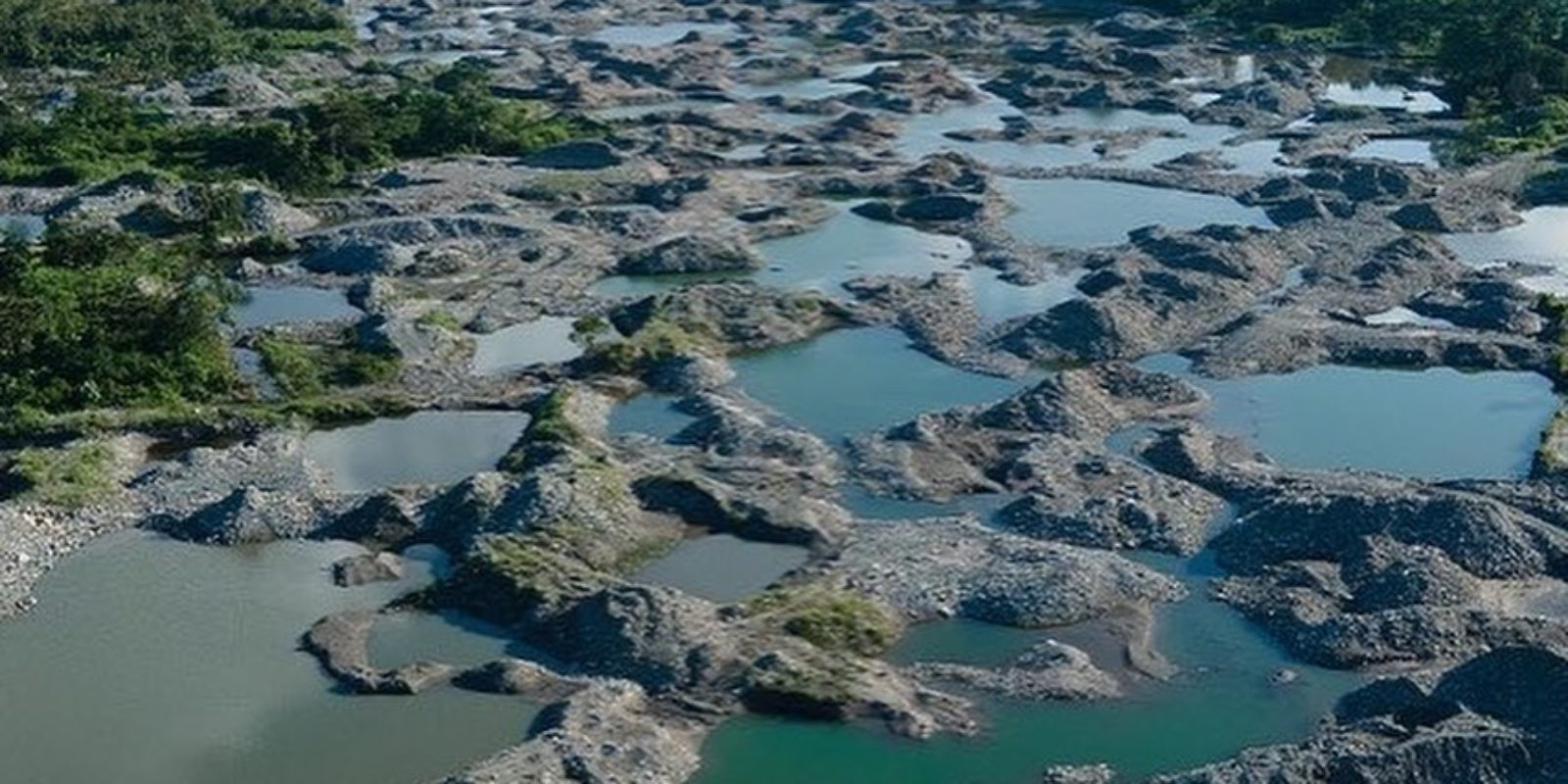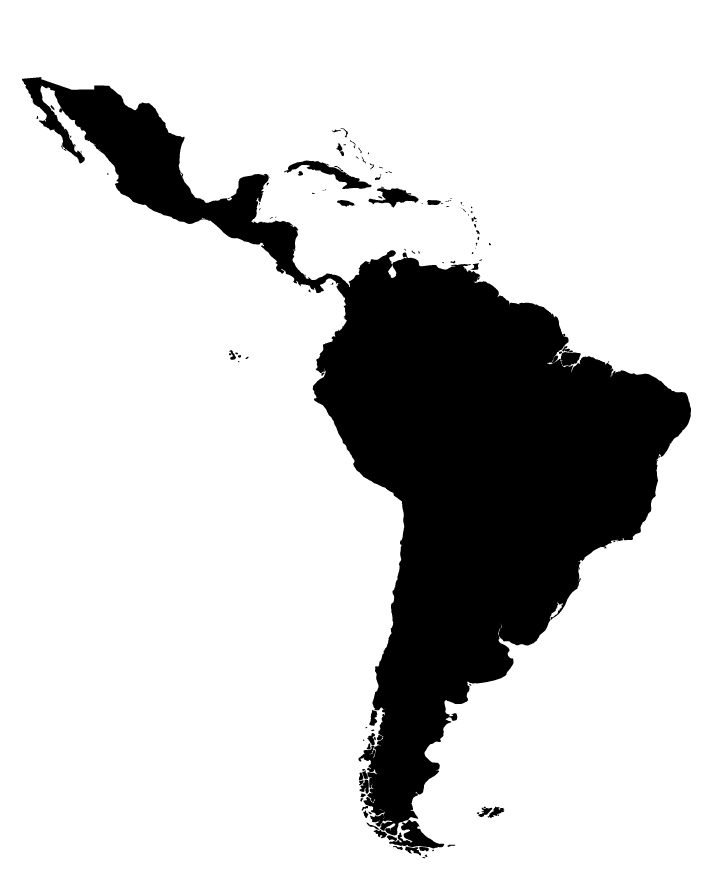Illegal gold mining in Ecuador is increasing at a rapid pace, with disastrous consequences for people and nature. Most affected areas are located near Indigenous communities who are fed up with the devastation. They are now fighting for an end to illegal mining and demand their rights!

Stop illegal mining in Napo, Ecuador!
ACTION • Amazonia Resiste!

The Indigenous inhabitants of Napo struggle against (illegal) mining and a negligent Ecuadorian government.
donate nowThe Ecuadorian province of Napo is known for its rivers. From the mountains of Napo spring dozens of streams that gather in the Napo River, which in turn flows into the Amazon River. Due to its high altitude in the Amazon forest, this province is the home of about 50 Quechua communities since centuries. According to the Instituto Nacional de Estadísticas y Censos, more than half of the residents in Napo live in poverty or extreme poverty.
At the same time, Napo’s hills hide enormous wealth. Large amounts of gold are found in riverbeds and banks. For a long time, Quechua communities were the only ones to make sparing use of this resource, but in recent months this has been changing rapidly. In yet another episode of colonial violence, these communities are seeing how their health and survival, as well as that of the surrounding natural environment, are threatened in order to line overseas pockets.
Chinese mining
The more the world changes, the more it stays the same. The times of a European gold rush in South America may seem far behind us, even today we see how native communities have to make way for the resources beneath their homes. Gold has become an important metal for the production of smartphones and other high-tech, so demand for it remains unabated.
The Ecuadorian government has sold 32,277 hectares of land in Napo to mining companies in recent decades. That’s about as much land as the municipality of Rotterdam. Since 2011, the biggest player in Napo mining is “Terra Earth Resources S.A.,” financed by Chinese capital. According to a law from 2007, representatives of the Quechua communities had to be consulted about projects in their area of residence. They weren’t.
Even worse, illegal mining has risen sharply in recent months. While it covered only one hectare in October 2021, in two months it increased to as much as 61 hectares. Even local officials raised the alarm, but the government seemed unable to adequately oppose illegal mining. There are even indications that some officials are taking financial advantage of the situation themselves.
Legal or illegal: devastation remains devastation
The administrators have already indicated that they will stop illegal mining as soon as possible. But according to Napo residents, the distinction between legal and illegal mining overshadows a much more fundamental issue: legal or not, mining in Napo is terrible for nature and the health of surrounding residents.
The disastrous effects of mining can easily be read in the soil. In unpolluted areas of the mountain rivers, 19 mg/L of mercury was found, while in areas of illegal mining, 130 mg/L was measured. This is a huge increase in a toxic substance that greatly exceeds Ecuador’s ecological regulations. On top of this, quantities of copper, iron, aluminum, magnesium, lead and zinc have been measured as much as 500 percent above the permitted standard.
The consequences for nature should come as no surprise: the survival rate of insects drops by 50 percent in polluted areas. Larger fish avoid these parts of the rivers, even though they were important breeding grounds. The result is that a few months of illegal farming disrupt the reproductive cycle of countless fish.
The government claims to fight illegal mining, but stresses that legal forms of mining are not subject to debate. According to human rights lawyer Andrés Rojas, this distinction is totally arbitrary. Legal mining also escapes prescribed environmental standards and pollutes nature. Legal mining also endangers the indigenous population and drives them from their homes. There is no such thing as ‘clean’ mining, and certainly not when you consider that legal and illegal mining are strongly connected. The more area was sold for legal mining, the more illegal mining increased.
Amazonia resiste!
The inhabitants of Napo have therefore recently united to form the collective Amazonia Resiste. Led by mostly Indigenous women, they are making a fist against gold mining in their area. They demand an end to illegal mining, and clear guidelines for their right to consultation when deals are made about their territories.
To achieve this, they have planned many demonstrations and sit-ins at strategic locations in the capital Quito and the provincial capital Tena. In addition, they are working with dozens of residents, lawyers, and legal experts to create new guidelines for their legal right to consultation so that their rights are better protected.
The Action Fund is proud to support this campaign. Amazonia resiste!
Support the project ‘ACTION • Amazonia Resiste!’ and donate
Make a donation
Support Het Actiefonds with 10 euros a month and make actions happen worldwide
donate now